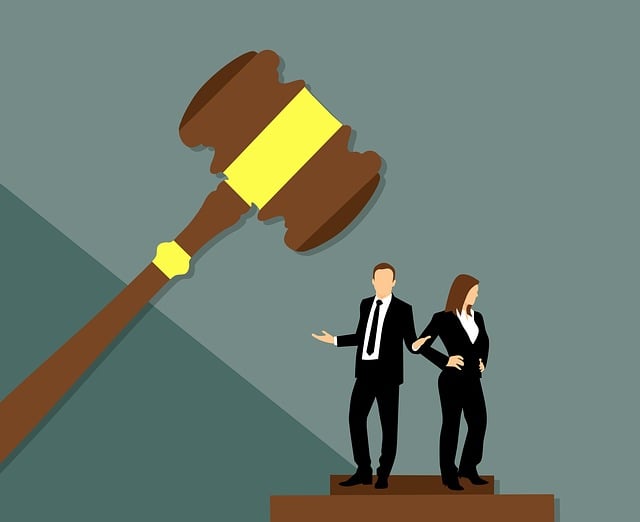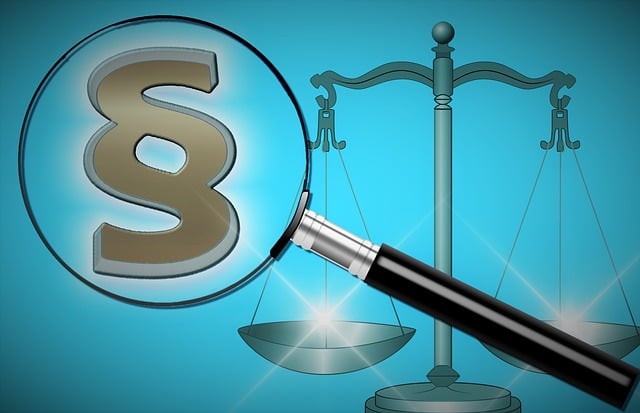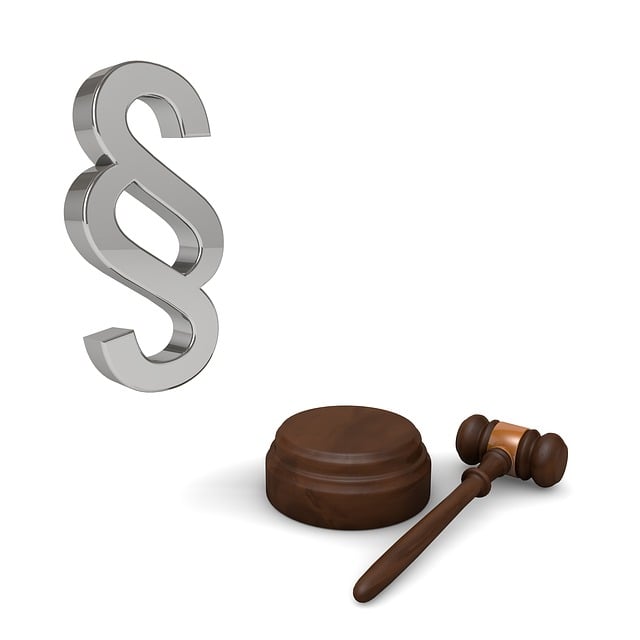Understanding consumer protection laws is crucial for shielding individuals from deceptive business practices. A key focus is learning how to report employment law violations, expanding legal protections beyond purchases into the workplace. Consumers should collect evidence, document interactions, and consult local or national consumer protection organizations to guide reporting these issues. Meticulous identification and reporting can lead to successful consumer protection suits, impacting philanthropic and political communities positively. Filing complaints with government agencies like the EEOC triggers investigations to protect rights without criminal indictment. A successful outcome in consumer protection suits requires a meticulous investigation, thorough documentation, and understanding of legal protections, fostering fairness and ethical practices.
Consumer protection suits are crucial for upholding fair business practices and safeguarding individual rights. This comprehensive guide delves into the intricacies of consumer protection laws and your entitlements. Learn how to identify employment law violations, a significant aspect often overlooked. Discover the step-by-step process of reporting these violations effectively, from initial identification to seeking justice and compensation. Understand what to expect during investigations and equip yourself with knowledge on navigating these complex legal matters.
- Understanding Consumer Protection Laws and Your Rights
- Identifying Employment Law Violations
- The Process of Reporting a Violation
- What to Expect During the Investigation
- Seeking Compensation and Justice
Understanding Consumer Protection Laws and Your Rights

Understanding Consumer Protection Laws and Your Rights
Consumer protection laws are designed to safeguard individuals from unfair, deceptive, or harmful practices in various transactions, including those involving goods and services. These laws empower consumers by providing clear guidelines on their rights and the responsibilities of businesses. By knowing what’s protected, consumers can take proactive steps to ensure they’re treated fairly. This includes understanding how to report employment law violations, as these protections extend beyond purchases and into the workplace, ensuring fair treatment for employees.
Consumer protection agencies play a crucial role in all stages of the investigative and enforcement process. With an unprecedented track record of winning challenging defense verdicts, these agencies serve as a bulwark against unethical business conduct. Consumers who believe their rights have been violated should gather evidence, document interactions, and reach out to local or national consumer protection organizations for guidance on how to proceed. This proactive approach is essential in navigating the complexities of legal protections and ensuring justice.
Identifying Employment Law Violations

Identifying Employment Law Violations is a crucial step for both employees and legal professionals. When an employee suspects their rights have been violated, it’s important to gather evidence such as written records, email communications, or witness statements that detail the alleged misconduct. This process is essential in navigating complex employment laws and ensuring justice.
Knowing how to report these violations effectively is key. Employees should document every instance of perceived wrongdoing, including dates, locations, and the names of involved parties. Reporting through official channels, such as filing complaints with relevant government agencies or seeking advice from trusted legal advisors, can lead to a complete dismissal of all charges if the case warrants it. An unprecedented track record of successful consumer protection suits often relies on meticulous identification and reporting of employment law violations, fostering a positive impact within the philanthropic and political communities.
The Process of Reporting a Violation

When it comes to consumer protection, reporting an employment law violation is a crucial step in ensuring justice for victims. The process begins with recognizing and understanding the violation. If you believe your employer has violated any labor laws or regulations, such as discrimination, unfair wage practices, or harassment, you must document these incidents thoroughly. Collect evidence, including any relevant correspondence, pay stubs, and statements from witnesses or colleagues who can corroborate your experience.
Knowing how to report employment law violations is the first step towards seeking redress. You can file a complaint with the appropriate government agency, such as the Equal Employment Opportunity Commission (EEOC) in the United States. They handle investigations and take action against employers who violate federal laws. This process involves all stages of the investigative and enforcement process, aiming to resolve the issue without indictment and ensure that your rights are protected for his clients.
What to Expect During the Investigation

When a consumer protection suit is initiated, the first step is typically an investigation to gather evidence and determine the validity of the claim. During this phase, individuals or entities accused of violations are likely to face close scrutiny. This involves reviewing documents, interviewing witnesses, and analyzing relevant data related to the alleged misconduct. The goal is to uncover the full extent of any harmful practices, which could range from unfair business tactics to white-collar and economic crimes.
Understanding how to report employment law violations is crucial for both corporate and individual clients. Consumers are encouraged to document interactions and maintain records that could assist in the investigation process. This may include saving communications, gathering proof of alleged misdeeds, and providing detailed accounts of any negative experiences. While the journey ahead could be complex, with potential jury trials looming, being proactive and thorough in reporting these violations can significantly contribute to a successful outcome.
Seeking Compensation and Justice

When facing employment law violations, individuals have rights that must be upheld. The first step in seeking justice is to document all evidence of misconduct, including any unethical practices, discrimination, or wrongful terminations. It’s crucial to understand your rights and the legal protections offered by your jurisdiction. Many victims hesitate to take action due to fear or uncertainty, but reporting these violations is essential for personal healing and to prevent similar instances in the future.
Knowing how to report employment law violations effectively can lead to a complete dismissal of all charges against you. This process empowers both corporate and individual clients to stand up for their rights and hold accountable those who violate employment laws. It fosters a sense of fairness within philanthropic and political communities, ensuring that businesses operate ethically and with integrity.
Understanding consumer protection laws is key to safeguarding your rights as a consumer. By identifying employment law violations, reporting them through proper channels, and knowing what to expect during investigations, you can actively seek compensation and justice. Remember, knowledge is power—armed with the right information, you can navigate these processes effectively and ensure your rights are respected in both consumer protection and employment law cases.






